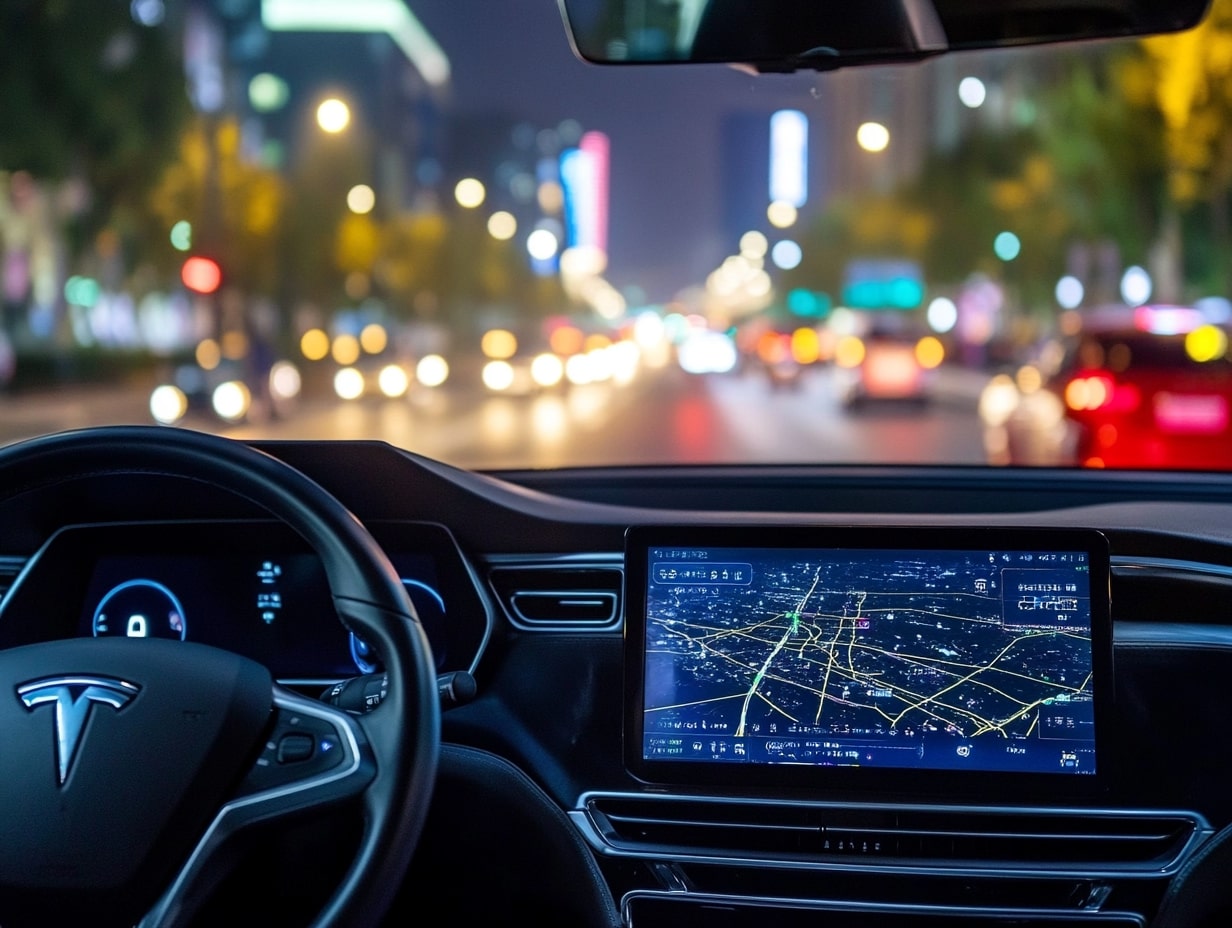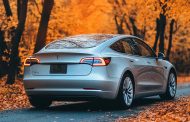The pending restrictions stem from an investigation of cybersecurity risks from Chinese vehicle software that President Joe Biden launched in March.
The U.S. Commerce Department proposed rules that would ban Chinese- and Russian-made hardware and software for connected vehicles, potentially bolstering American security against a hacking threat that the department describes as “very real.”
The proposed ban aims to secure vehicles that can communicate externally through Wi-Fi, Bluetooth, cellular or satellite systems, a feature that’s increasingly commonplace with new vehicles. Officials said these systems are at risk for foreign interference, which could lead to disruption and sabotage.
“This is not about trade or economic advantage. This is a strictly national security action,” U.S. Commerce Secretary Gina Raimondo said in a call to reporters. “We are focused on the national security threat, very real threat, that connected vehicles pose to our country and the American people.”
Relatively few Chinese-made cars and trucks are imported into the U.S., and the proposals would effectively bar nearly all Chinese cars from entering the U.S.
U.S. and European officials allege that the Chinese government and local automakers are unfairly subsidizing the industry, saying that could lead to a flood of cheap imports that distort the market. That has prompted both the U.S. and European Union to raise tariffs on Chinese electric vehicles. China has denied its systems pose a security threat and has said the tariffs are an attempt to stifle competition.
Connected vehicles are specifically a threat because they’re deeply embedded in U.S. infrastructure, said National Security Adviser Jake Sullivan, including charging stations, storage systems and power generation.
“Cars today have cameras, microphones, GPS tracking and other technologies connected to the Internet. It doesn’t take much imagination to understand how a foreign adversary with access to this information could pose a serious risk to both our national security and the privacy of U.S. citizens,” Raimondo said in a statement.The Commerce Department has been meeting with industry experts in recent months to address security concerns raised by a new generation of what are known as smart cars. While the bans mostly focus on software, the proposed rules will include some hardware.
A software ban would go into effect for vehicles modeled in 2027, while the hardware rule would take effect for vehicles modeled in 2030. Units without a model year would be under the rule starting Jan. 1, 2029.
Senior administration officials said this is because most U.S. market vehicles don’t have any Chinese- or Russian-made software, making that aspect of the rule a largely preventative measure. It may take longer to pivot away from Chinese-made hardware, however.
It’s unclear how many vehicles currently have Chinese-made hardware or how the U.S. auto industry’s supply chain will need to adapt to accommodate the potential rule.
Safeguarding
Top White House economic adviser Lael Brainard laid out on Sept. 23 the Biden administration’s broad approach to safeguarding the U.S. auto sector from what it considers China’s unfair trade actions.
“China is flooding global markets with a wave of auto exports at a time when they are experiencing overcapacity. We have seen this playbook before in the China shock of the early 2000s that harmed our manufacturing communities,” Brainard said in prepared remarks before the Detroit Economic Club. “The administration is determined to avoid a second China shock, which means putting safeguards in place before a flood of underpriced Chinese autos undercuts the ability of the U.S. auto sector to compete on the global stage.”
She cited one analysis that the Detroit area lost more than 55,000 manufacturing jobs because of import competition from China since 2001.
Americans should drive whatever car they choose — gas powered, hybrid, or electric, Brainard said. “But, if they choose to drive an EV, we want it to be made in America, not in China,” she added.
Brainard’s appearance comes as the fate of the auto industry and pressure from China has become a major theme in the 2024 presidential election, with the Republican candidate Donald Trump suggesting China could dominate future auto production.
Many of today’s cars — both gasoline and electric — are equipped with devices connecting them to the Internet or cloud services, making them potential targets for hacking. The pending restrictions stem from an investigation of cybersecurity risks from Chinese vehicle software that President Joe Biden launched in March.
The Biden administration’s primary concern is preventing China or Russia from hacking vehicles or tracking cars by intercepting communication with software systems that their domestic companies have created. The rules would also have a protectionist element since most new cars are connected at least through infotainment systems, so Chinese carmakers could be barred from selling in the U.S. if the vehicles use their connected technology.
In May, the administration levied a 100 percent tariff on Chinese electric vehicles.
China has emerged as a leader in EVs and components for smart cars, in part because of widespread government subsidies and support. BYD Co. sold more fully electric vehicles than Tesla Inc. in the fourth quarter of last year, and global carmakers have become increasingly dependent on Chinese suppliers for technology needed for connected vehicles. For its part, China has said it respects data privacy, the security of its foreign customers and the principles of fair competition.
The new restrictions would be enforced by the Commerce Department to prevent Chinese companies from collecting data on U.S. drivers, especially individuals, and sending it back to China. The rules would also effectively keep Chinese suppliers from establishing a bigger foothold in the U.S., giving the American auto industry time to build its own supply chain for connected vehicles.






